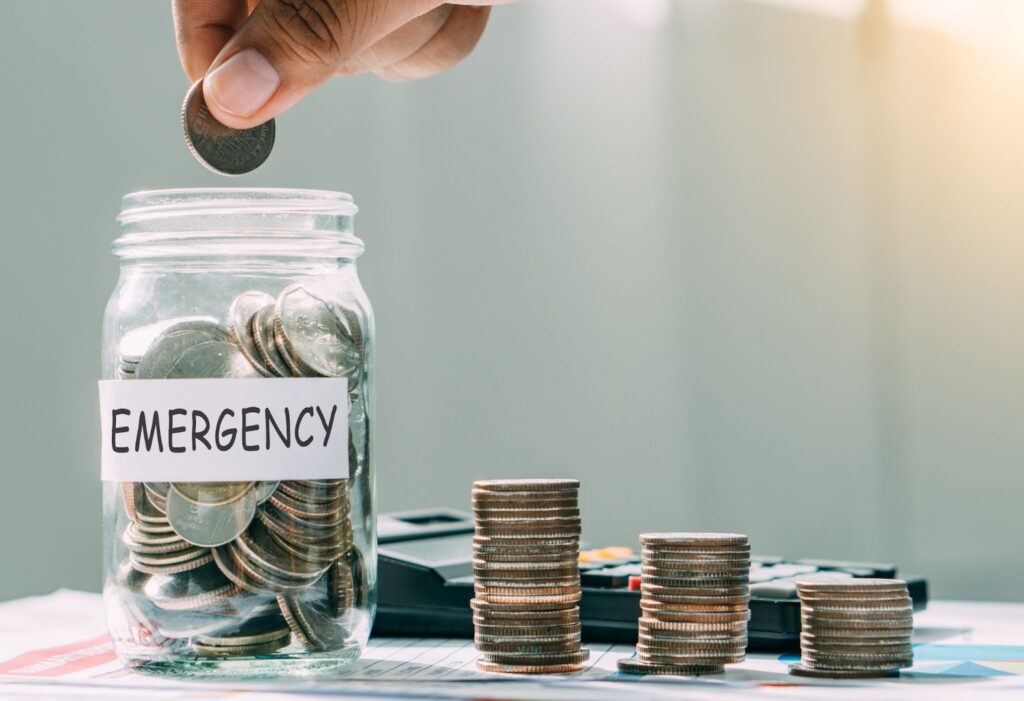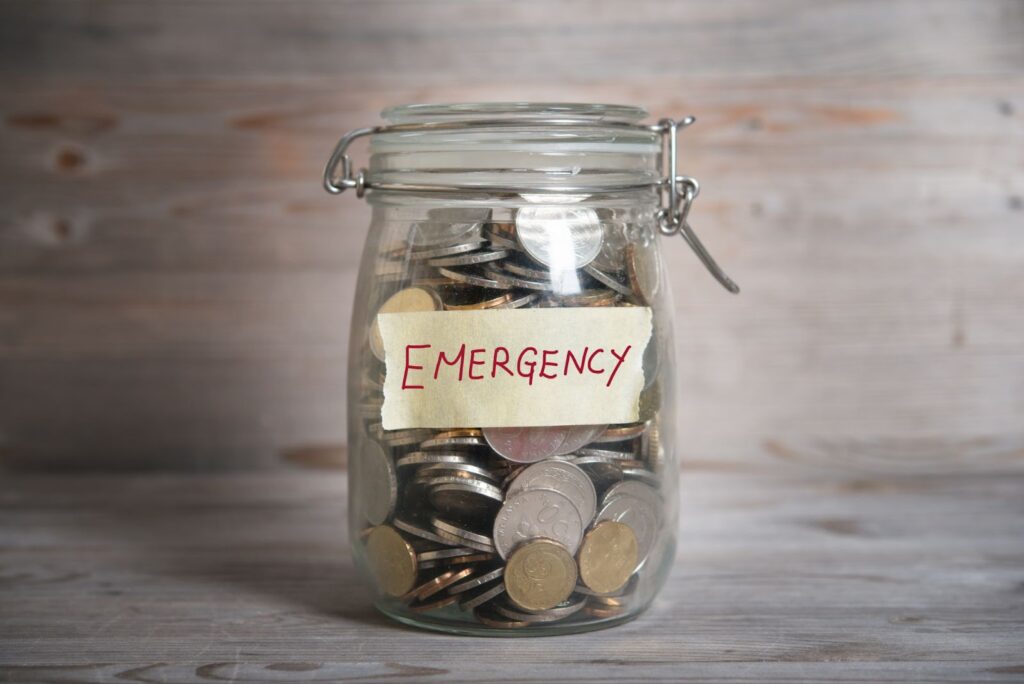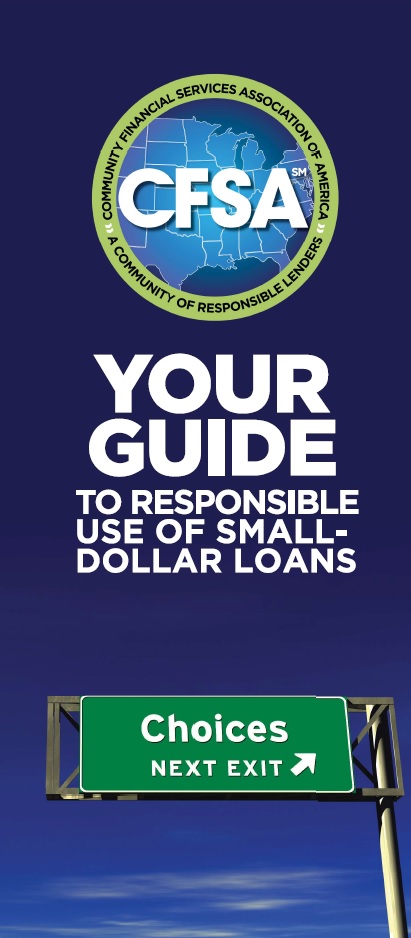Whether it’s an unexpected medical bill or a sudden job loss, financial emergencies happen. Finding immediate aid will help you regain stability.
Understanding your financial landscape is the first step toward overcoming these emergencies. Knowing the ins and outs of your finances will help you assess how to navigate them effectively. Securing aid, like a payday loan, will provide you with quick cash for urgent needs, but it’s essential to weigh all your options wisely.
In this article, we will explore practical steps to take during financial emergencies. From evaluating your current situation to developing a solid budget, we’ll guide you through the process of securing the immediate aid you need to reclaim your financial peace of mind.

What is a financial emergency?
A financial emergency is an unexpected event that requires immediate access to funds. Examples include medical emergencies, sudden home repairs, or a car breakdown. Financial emergencies disrupt financial stability and typically occur without warning, making it important to have an emergency fund or other resources available.
Let’s look at some common types of financial emergencies:
| Financial Emergency Type | Examples |
| Medical Expenses | Unexpected surgery, urgent dental care |
| Home Repairs | Leaking roof, burst pipe |
| Car Trouble | Engine failure, flat tire |
| Job Loss | Sudden unemployment |
Navigating financial emergencies can be challenging, especially if you don’t have dedicated savings or a separate savings account to fall back on. It’s important to plan for these unexpected situations by building a financial cushion.
A high-yield savings account is an excellent tool for households. It allows money to grow safely while being readily available. By preparing ahead, you can face these unexpected costs with more ease and protect your financial future.
Evaluate your current financial situation
Before tackling a financial emergency, you need to understand your overall financial situation. Knowing where you stand financially will help you make informed decisions when you’re in a tight spot.
This involves examining your income, expenses, and any debts you may have. By breaking down these elements, you’ll be better prepared to face financial challenges and secure the right aid.
Assess your income streams
Your income is the starting point for evaluating your finances. It’s essential to know how much money you have coming in each month. Take a close look at all your income sources.
Your salary or wages will likely be your main source of income, followed by any part-time or freelance work. You’ll then want to look at your investments, if you have any. Account for any earnings from stocks, bonds, or other investments. Finally, look at government benefits. Include any assistance you receive, such as Social Security or unemployment.
Understanding your income can help you see how much money you have available for monthly expenses and better plan for unexpected situations.
Review monthly expenses
Once you have a clear picture of your income, it’s time to review your monthly expenses. Knowing where your money goes each month helps you see opportunities to save or reallocate funds in case of financial emergencies.
An important step is creating a simple table listing your monthly expenses. Here’s an example:
| Expense Type | Estimated Cost ($) |
| Rent/Mortgage | 1,500 |
| Utilities | 250 |
| Groceries | 400 |
| Transportation | 150 |
By reviewing these costs, you may identify areas where you can cut back and save, giving you more flexibility during times of crisis.

Analyze your debt load
Debt can have a big impact on your financial situation. In an emergency, having a high debt load, especially high-interest debt like credit cards, makes it harder to get back on track. Here’s how to analyze your debt:
- List all debts: Include credit card balances, payday loans, student loans, car loans, and any other obligations.
- Interest rates: Note the interest rates for each debt. Paying down high-interest debt should be a priority.
- Monthly payments: Look at your minimum monthly payments. These are amounts you must pay to avoid penalties.
Analyzing your debt load gives you a clearer picture of your financial health and helps you understand if you need adjustments, such as consolidating debts or refining a payment plan. By staying aware of your debts, you can work toward financial stability and be better prepared for unexpected expenses.
Top tips for securing immediate aid
Sometimes, even the best plans can’t prevent financial emergencies or unexpected expenses. But hope is not all lost. If an unexpected event hits your finances, there are ways to get help quickly. Here are some tips:
- Use emergency funds
- Consider a payday loan
- Check insurance policies
- Use high-yield savings accounts
- Seek help from financial advisors
- Explore credit cards with caution
- Adjust your financial plan
- Apply for tax refunds
Reducing debt during emergencies
When financial emergencies arise, dealing with debt can feel even more daunting than usual. However, with the right strategies, you can manage your finances more effectively, even during times of crisis. The key is to stay calm and make informed decisions. Here’s how:
Create a budget
Start by listing all your monthly expenses. This includes rent, groceries, utilities, and debt payments. Knowing where your money goes can help you see where you might cut back.
Seek assistance
Talk to a financial advisor for professional advice. They’ll be able to offer solutions tailored to your situation, helping you navigate through financial emergencies more smoothly.
Negotiate with creditors
If you’re having trouble keeping up with payments, talk to your creditors. They might offer temporary relief or restructure your payments to fit your current financial situation.
Utilize emergency funds
If you’ve set aside emergency funds, now is the time to use them. Having these funds will provide peace of mind and prevent you from taking on additional high-interest debt.
Consider a debt consolidation loan
If you have multiple debts, consolidating them into a single loan with a lower interest rate may help simplify your finances and reduce your overall monthly expenses.
Prioritizing high-interest debt
Focusing on high-interest debt is crucial when dealing with financial emergencies. These types of debt can quickly spiral out of control, so it’s important to tackle them first.

Get a payday loan for your financial emergency from USA Cash Services
Sometimes, a financial emergency hits when you simply don’t have money on hand. That’s where a payday loan from USA Cash Services can save the day.
USA Cash Services is here to help you navigate through these tough times with fast, reliable access to necessary cash. Whether it’s unexpected medical bills, urgent home repairs, or any sudden financial need, our payday loans provide a quick solution to get you the funds you need promptly.
Don’t let financial stress overwhelm you. Visit USA Cash Services today to apply for a payday loan. With our straightforward application process and rapid approval, you can secure the financial aid you require to regain stability without delay. Apply now, and take the first step toward overcoming your financial emergency with confidence.



